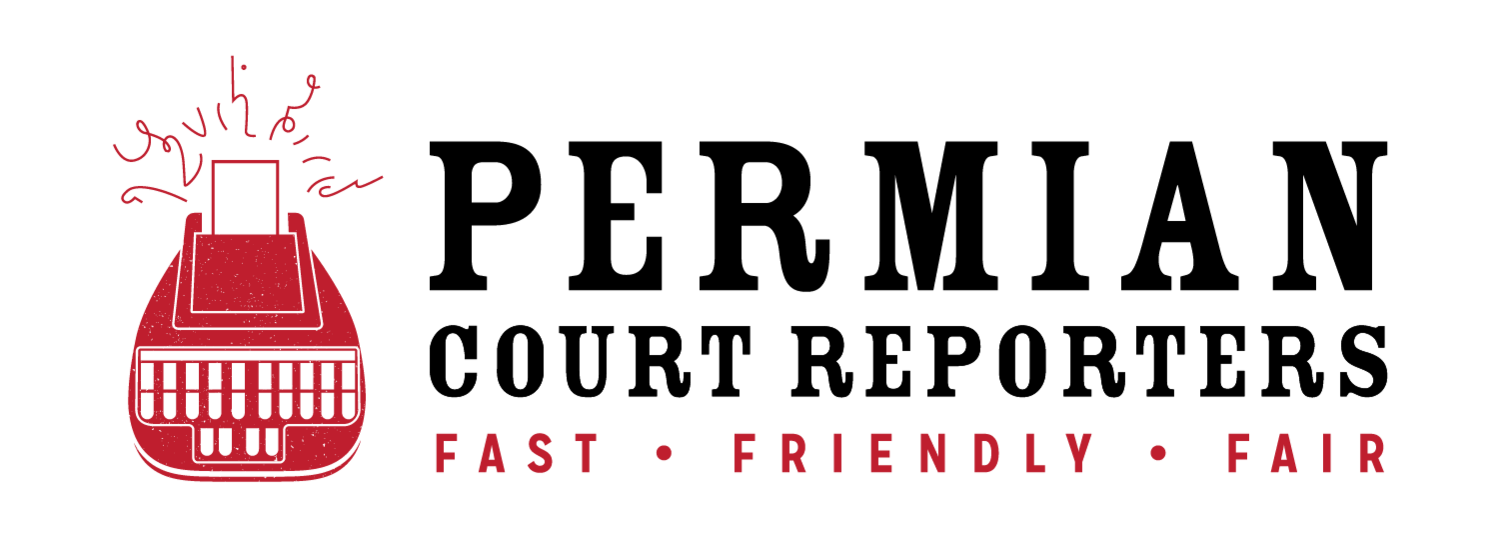Different Strokes
How to get started learning what the steno keys do.
If you’re interested in becoming a court reporter, you’ve come to the right place. We always suggest that students spend a little time learning about the steno machine before diving into school. The great thing about getting started this way is that you have the opportunity to make sure that steno is a good fit for you before you spend a dime!
There are a few great options for learning the steno keys and introducing yourself to what school could be like. The first of which is Project Steno’s Basic Training. During their 6 week course, you’ll meet once a week with an instructor over zoom to learn the keys and start building your endurance.
Another option is NCRA’s A-Z program, where you’ll learn every key combination during their 4 week course. NCRA offers their program online, as well as several in-person options.
In addition to these programs, we always encourage prospective students to come visit our office to learn more about what school is like, what your life could look like after you become certified, and to try out a steno machine.
Once you’ve decided that court reporting is a good fit for you, there are several options for court reporting schools. Each school will teach a different theory, or method of using the keys to make words. Theories like StenEd are stroke intensive, meaning that you’ll need to press your keys multiple times for a word to generate. Phoenix and StarTran incorporate briefs into their theory, meaning that some words can generate from only one stroke. Mark Kislingbury invented a theory built on the premise that writing short, or utilizing as many briefs as possible, would make reporters write fast. Not only does this drastically reduce the time students have to attend school before graduating, students write much more efficiently once they begin their careers. Mark Kislingbury has multiple in-person locations to attend school as well as an option to attend online.
Give Brandon a call if you would like to learn more: 432-683-3032.
